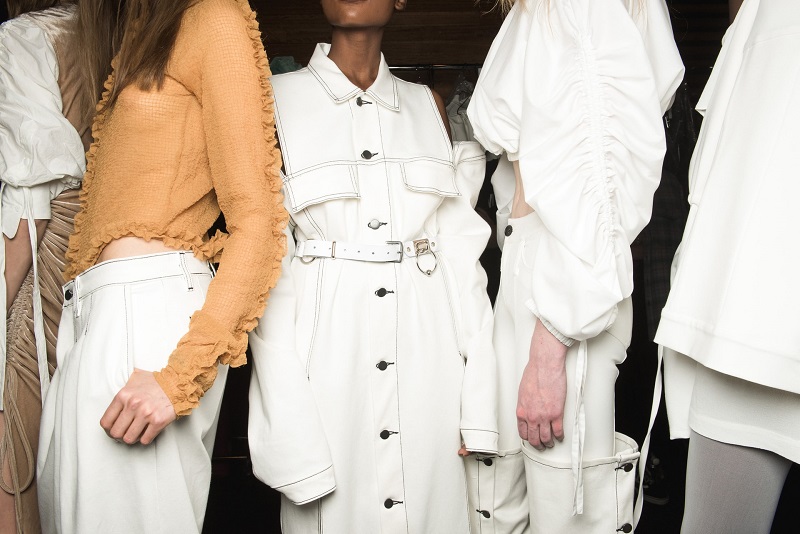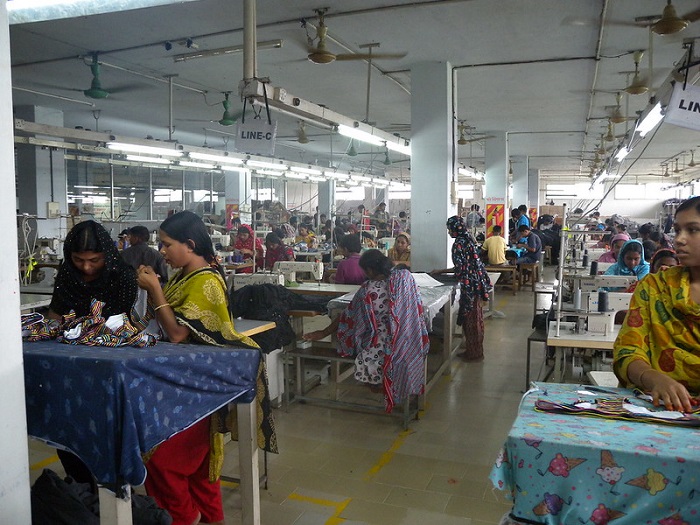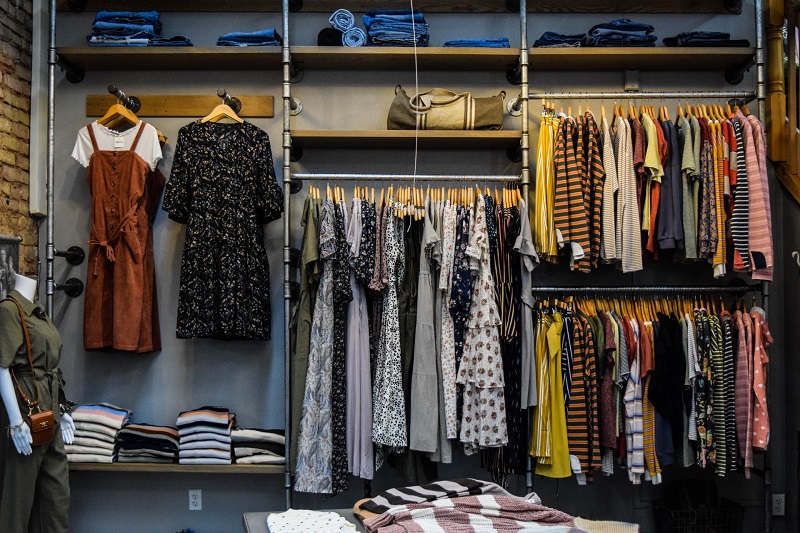The Deep-Seated Fast Fashion Racial Injustice
Posted by muntu on Nov 12th 2020

There is no doubt that 2020 has been a year that many of us will not forget. It has been a year of deep grief and mental exhaustion for people of color that started with the killing of George Floyd while in police custody, followed by a global outrage and demand for racial justice and criminal reforms across the United States.
The entrenched racial inequalities that permeate our society is a direct result of structural racism that intentionally excludes and oppresses people of color.
Discriminatory policies and practices intended to inhibit access to equals opportunities for people of color are evident in every single institution from education and housing to health care, jobs. And the world of fashion is no exception.
The racial injustice in the fashion industry is not only about the lack of representation of black models on runways, magazines, or on your social media feeds, it’s more despicable than that.

Photo by Flaunter on Unplash
Fast fashion is the mass production of environmentally-damaging clothes, at incredibly cheap prices intended to be discarded at warp speed.
The fast fashion industry operates with a model that keeps its workers poor and working in unsafe conditions, to maximize profits.
The only mission of these brands is to get rich fast while fueling the insatiable desires of the western countries’ consumers. Thus, this industry turns its claws on the low and middle-income countries (LMICs), to exploit their people.
While this transition is sometimes heralded as the “democratization” of fashion in which the latest styles are available to all classes of consumers, the human and environmental health risks associated with inexpensive clothing are hidden throughout the lifecycle of each garment.

Fast fashion may give you the option to buy more clothes for less, but the fact that it hurts the people who work and live near textile and garments manufacturing facilities can no longer be ignored. The global impact and occupational burdens associated with fast-fashion are in fact massive.
During the pandemic things got uglier when brands refused to pay billions worth of orders they had placed, sending the garment workers from places like Bangladesh, Myanmar, and Cambodia to an instant ruin.
Scott Nova, director of Worker Rights Consortium (WRC), said that brands shore up their financial position by essentially robbing their developing country suppliers.

According to the Guardian, despite leaving suppliers and workers facing ruin, some retailers have paid out millions in dividends to shareholders. In March, Kohl’s, one of the US’s largest clothing retailers, paid out $109m in dividends just weeks after canceling large orders from factories in Bangladesh, Korea, and elsewhere.
Consequently, these vulnerable workers and their families who gave their everything to these brands have been fired or furloughed.

The Injustice and exploitation we’ve seen in the fashion industry are possible, in part due to the brands who want to make rapid and larger profits, but also because of us consumers, whose ignorance is concealed by the extravagant desire for not ever wanting to use the same outfit twice. The problem was amplified with the social media era, where people and influencers spare no effort to become the next overnight fashion sensation.
With that said, the next time you think about buying a piece of clothes think twice and remember, racial justice is much more than the way you see and interact with one another. Is about the decisions you make in your daily life and the brands you choose to support.

